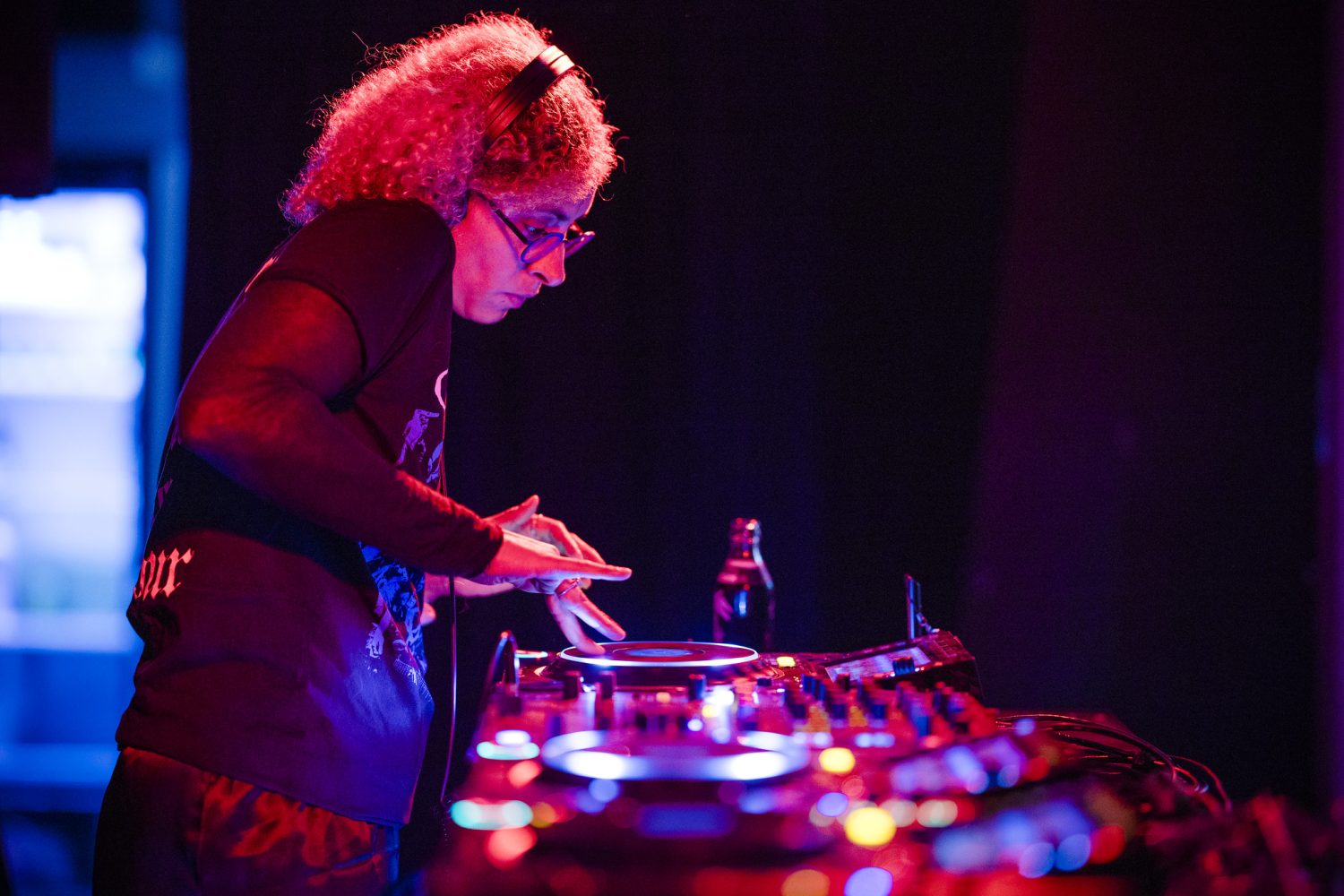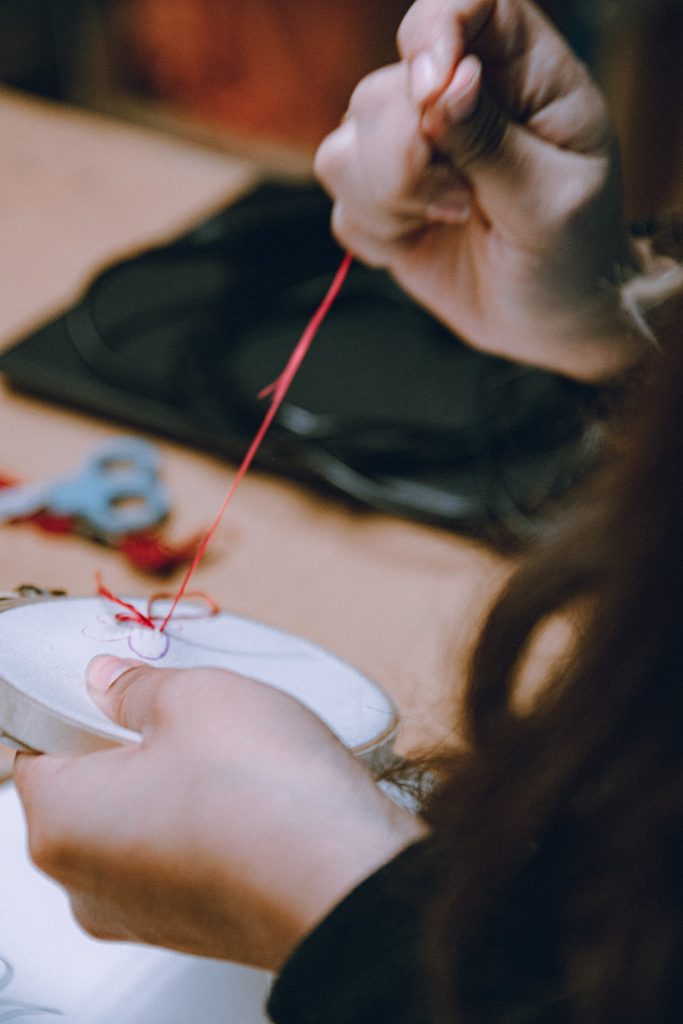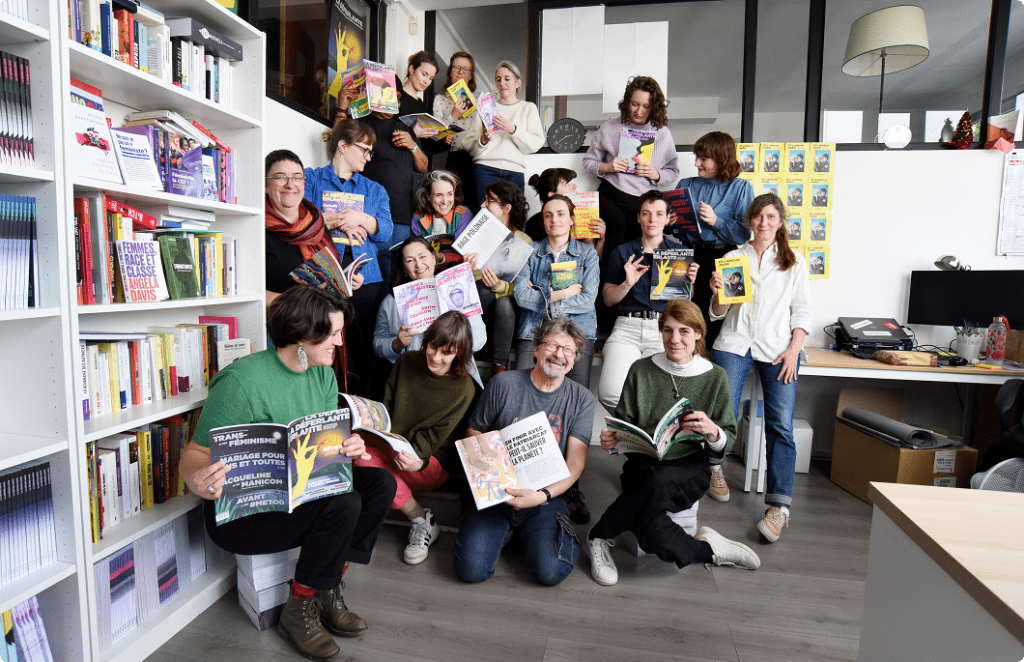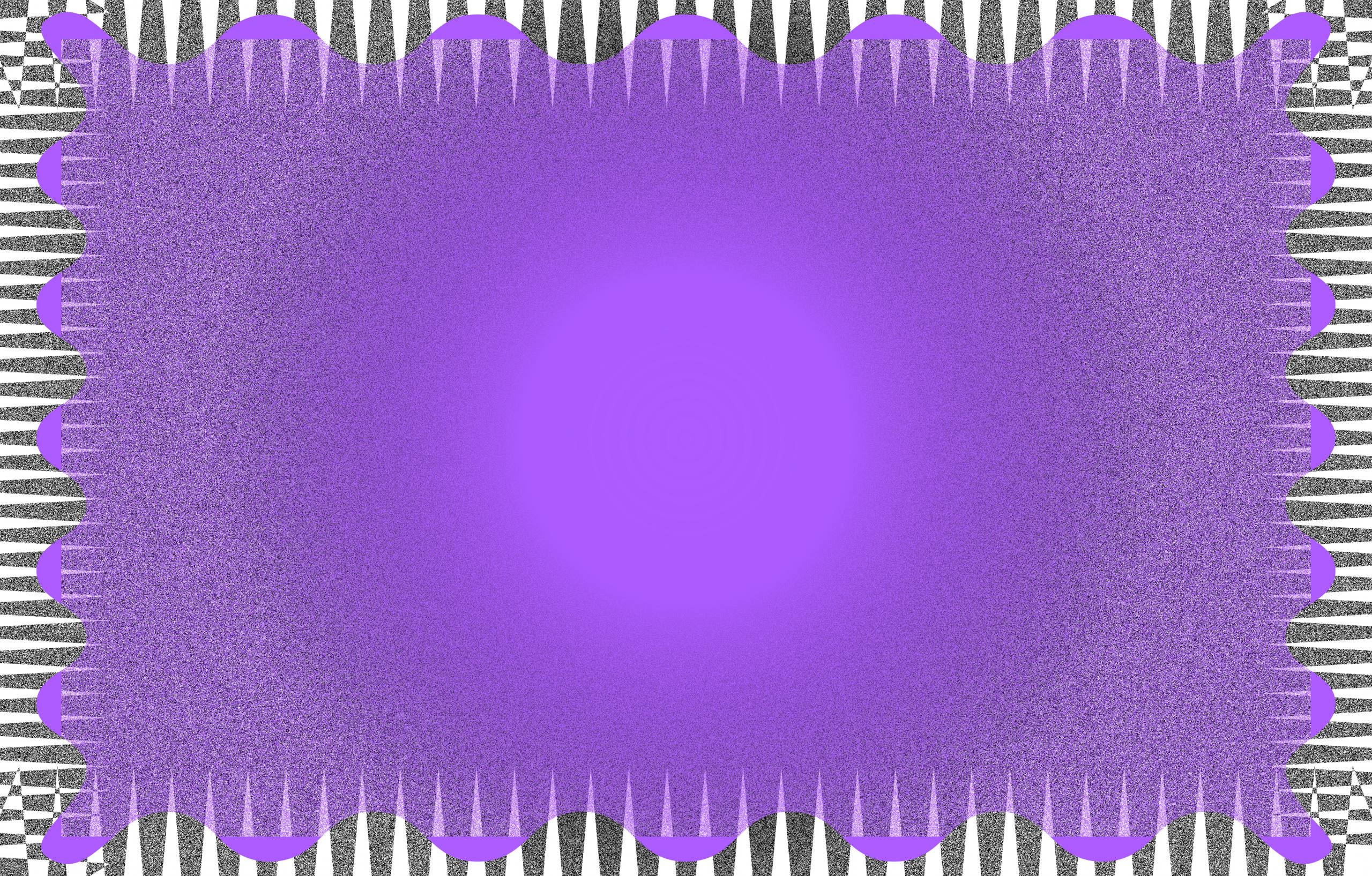Room to Bloom, a feminist platform for ecological and postcolonial narratives of Europe. Room to Bloom brings together feminist artists with a migration background who create ecological and postcolonial narratives of Europe. By associating artists and creators who – too often – occupy a peripheral place in the world of arts and places who are considered to be geographically peripheral (Sicily, Ukraine, Poland, Greece), Room to Bloom aims at building a discourse on European Culture that is fully built on the experience and knowledge of the periphery and to bring it back to the centre.
The project partnership involves arts institutions and partners from France (Alternatives Européennes), Sweden (Museums of Cultures of the World, Gothenburg), Italy (Studio Rizoma) and Germany/Greece (AthenSyn). It includes informal partners from Ukraine, Poland and beyond.
Countries Involved
France, Sweden, Italy, Germany, Greece, Ukraine, Poland and beyond.
Duration of Project
2020 -2023
With the Support of
Co-funded by the Creative Europe Programme of the European Union
Partners
Museum of World Culture, Athensyn, Avtonomi Akadimia.


Project objectives
- Train, assist and support of 100 young promising artists and create professional opportunities.
- Create a network of feminist artists and migrant background artists, made of more established and younger artists and arts professionals
- Formulate proposals for running post-colonial feminist art practices
- Create feminist and post-colonial narratives for a Transnational Europe, which is expressed through the final productions by emerging artists.
Room to Bloom specifically:
Organise a regional forum for artists (ArtGora 2021) in Kiev, which aims to set the grounds for further reflection and collaboration of about 40 artists. The forum will produce a manifesto, which will provide the red-line for the development of an Anti-Manual for Postcolonial Feminist art practice.
Organise two trainings on Eco-Feminism (Greece) and on Postcolonial Feminism (Greater Paris), aiming at developing the capacities of young artists. The development of a shareable training manual will accompany the process. (30 artists each)
Create a European transnational network of feminist and post-colonial established artists, which can act as a support group and a resource for the direct members of the network, and beyond that for a larger audience of art institutions and cultural managers.
Support emerging artists to produce artwork to be performed and showcased in internationally visible events.
Facilitate access to women and postcolonial artists, which practice will be duly documented during the process in order to provide an index, a database of relevant artistic projects and art practices.
Contribute to developing consciousness of the challenges of postcolonial feminist art practices among cultural managers and practitioners, institutions and funders.
Contribute to improving and developing the practice of feminist postcolonial management of the partners’ institutions themselves.
Reinforce burgeoning collaboration between geographically peripheral Biennales.




